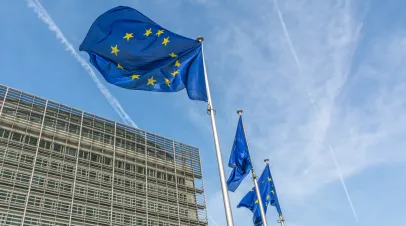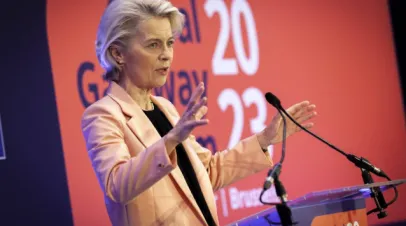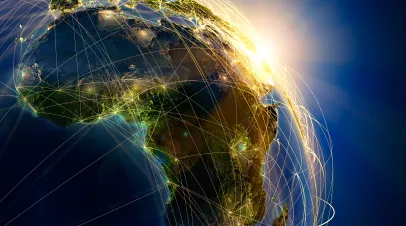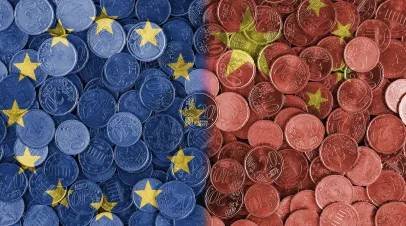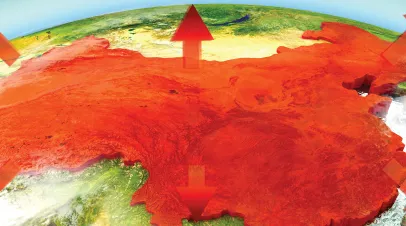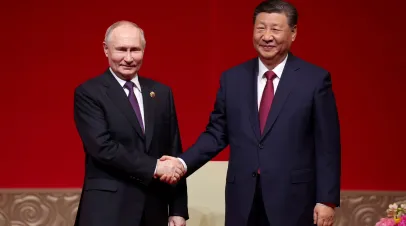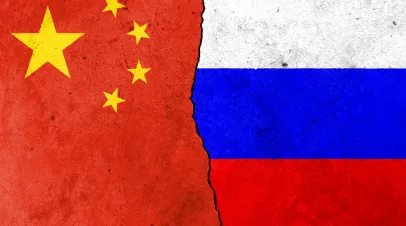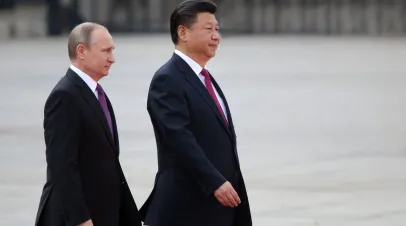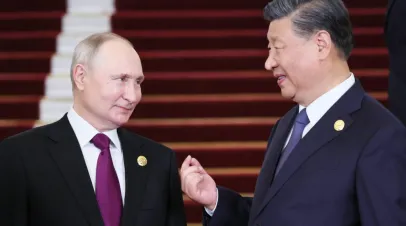Gunnar Wiegand
Visiting Distinguished FellowGunnar Wiegand is a visiting distinguished fellow in the Indo-Pacific program since November 2023. From 2016 to 2023, Wiegand served as the managing director for Asia and the Pacific at the European External Action Service (EEAS). In this function, Wiegand was a key contributor to the EU’s policy orientations on EU relations with China and India, the Strategy for Cooperation in the Indo-Pacific, Europe Asia Connectivity Policy (the precursor for the Global Gateway initiative), and enhanced security engagement with Indo-Pacific partners. He was also the EU's senior official for the Asia Europe meetings (ASEM) and EU-ASEAN relations. Among other tasks, he served as the EU's chief negotiator for the new EU-Japan Strategic Partnership Agreement. Prior to that, Wiegand served as EEAS director for Russia, Eastern Partnership, Central Asia, OSCE and Northern Dimension (2011–2015).
Wiegand held various senior positions at the European Commission, including director for Eastern Europe, Southern Caucasus, and Central Asia at DG RELEX (2008–2011), head of unit for Relations with Russia and the Northern Dimension at DG RELEX (2006–2008), head of unit for Relations with the United States and Canada (2003–2006), and spokesman for Lord Chris Patten, EU Commissioner for External Relations (1999–2002).
Wiegand holds a law degree from the University of Hamburg and a master’s degree in international relations from the Johns Hopkins School of Advanced International Studies in Washington, DC. He is a visiting professor at the College of Europe in Bruges, Belgium, and the Paris School of International Affairs in Paris, France.
Media Mentions
Featured Work
